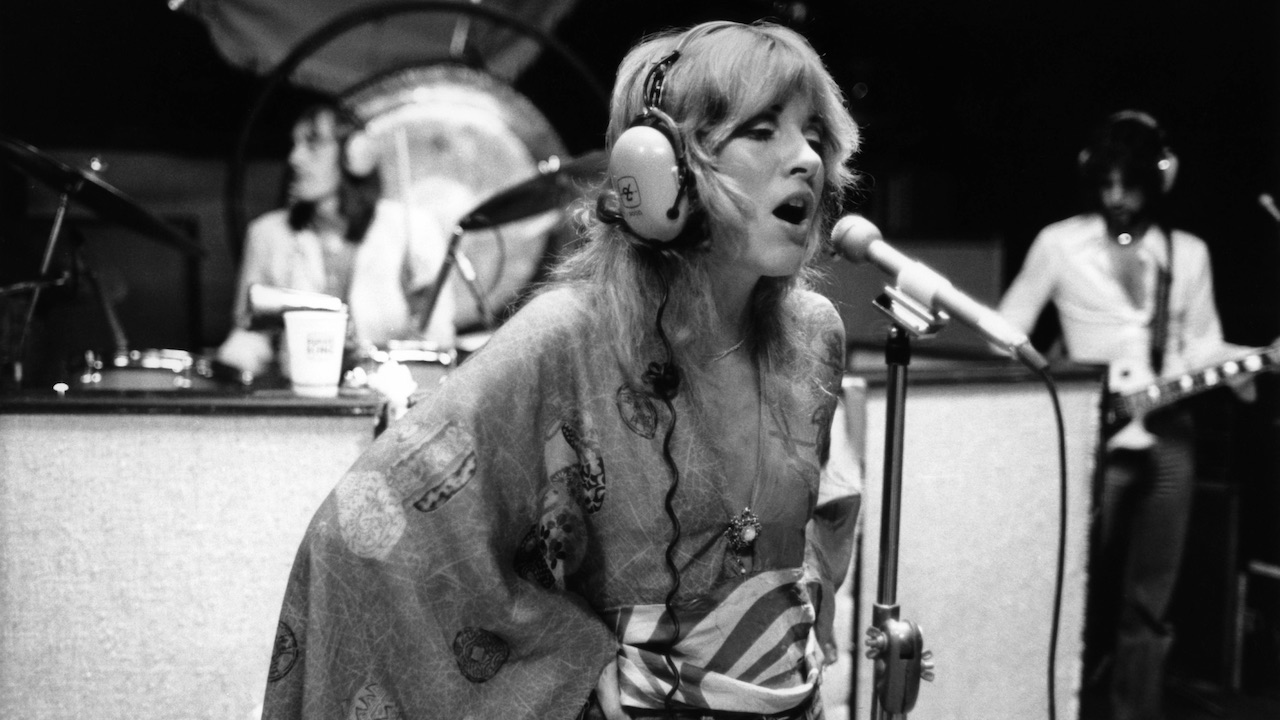A beginner’s guide to 4AD Records in five essential albums
4AD is one of the most influential indepedent records labels ever. Here is it story, told via five classic albums
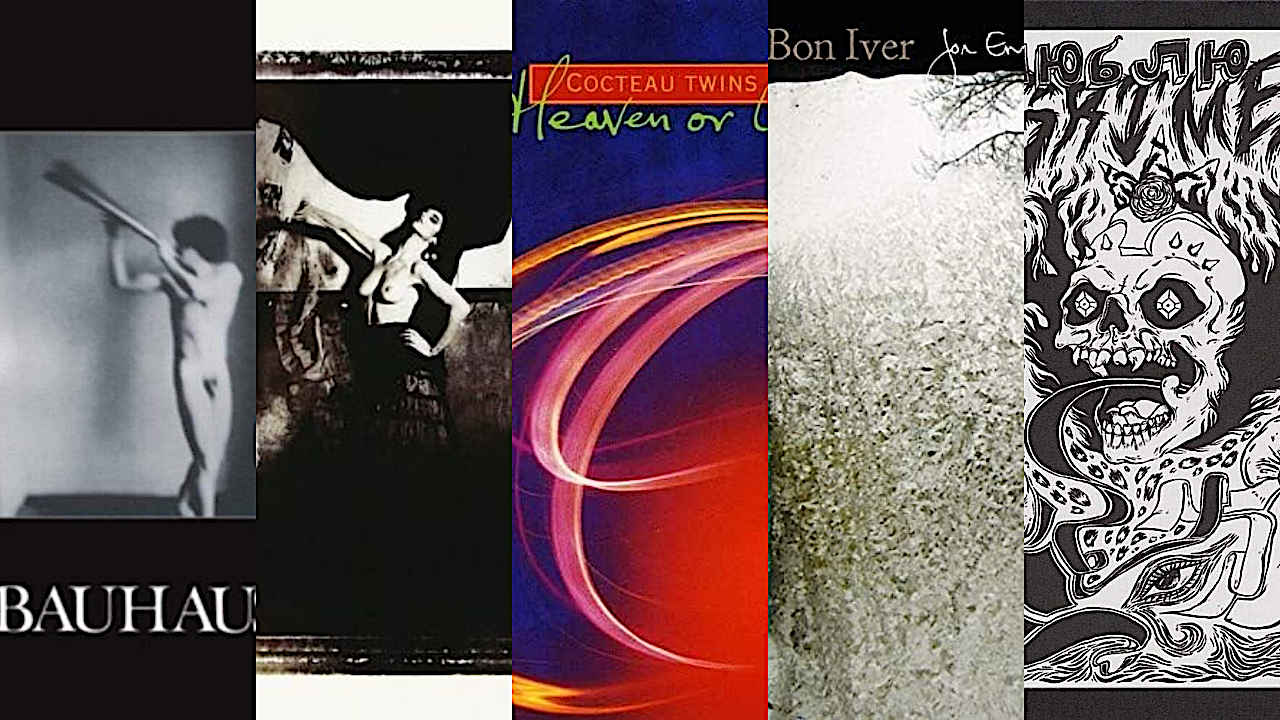
Select the newsletters you’d like to receive. Then, add your email to sign up.
You are now subscribed
Your newsletter sign-up was successful
Want to add more newsletters?

Every Friday
Louder
Louder’s weekly newsletter is jam-packed with the team’s personal highlights from the last seven days, including features, breaking news, reviews and tons of juicy exclusives from the world of alternative music.

Every Friday
Classic Rock
The Classic Rock newsletter is an essential read for the discerning rock fan. Every week we bring you the news, reviews and the very best features and interviews from our extensive archive. Written by rock fans for rock fans.

Every Friday
Metal Hammer
For the last four decades Metal Hammer has been the world’s greatest metal magazine. Created by metalheads for metalheads, ‘Hammer takes you behind the scenes, closer to the action, and nearer to the bands that you love the most.

Every Friday
Prog
The Prog newsletter brings you the very best of Prog Magazine and our website, every Friday. We'll deliver you the very latest news from the Prog universe, informative features and archive material from Prog’s impressive vault.
4AD wasn’t supposed to be the iconic indie record label that it’s known as today. When it was founded in 1979, it was an offshoot of the Beggars Banquet label, initially intended to be a first step for new artists who, if they were successful after a year with 4AD, would graduate to the main label. However, 4AD quickly became a renowned label in its own right, and an influential one at that, with a sound and aesthetic all its own. Since its launch, the English label has been home to bands who would go on to define a host of alternative genres, from gothic rock and shoegaze to the indie and alt.pop of the new millennium.
Here's the story of 4AD in five game-changing albums.

Bauhaus – In The Flat Field (1980)
You can trust Louder
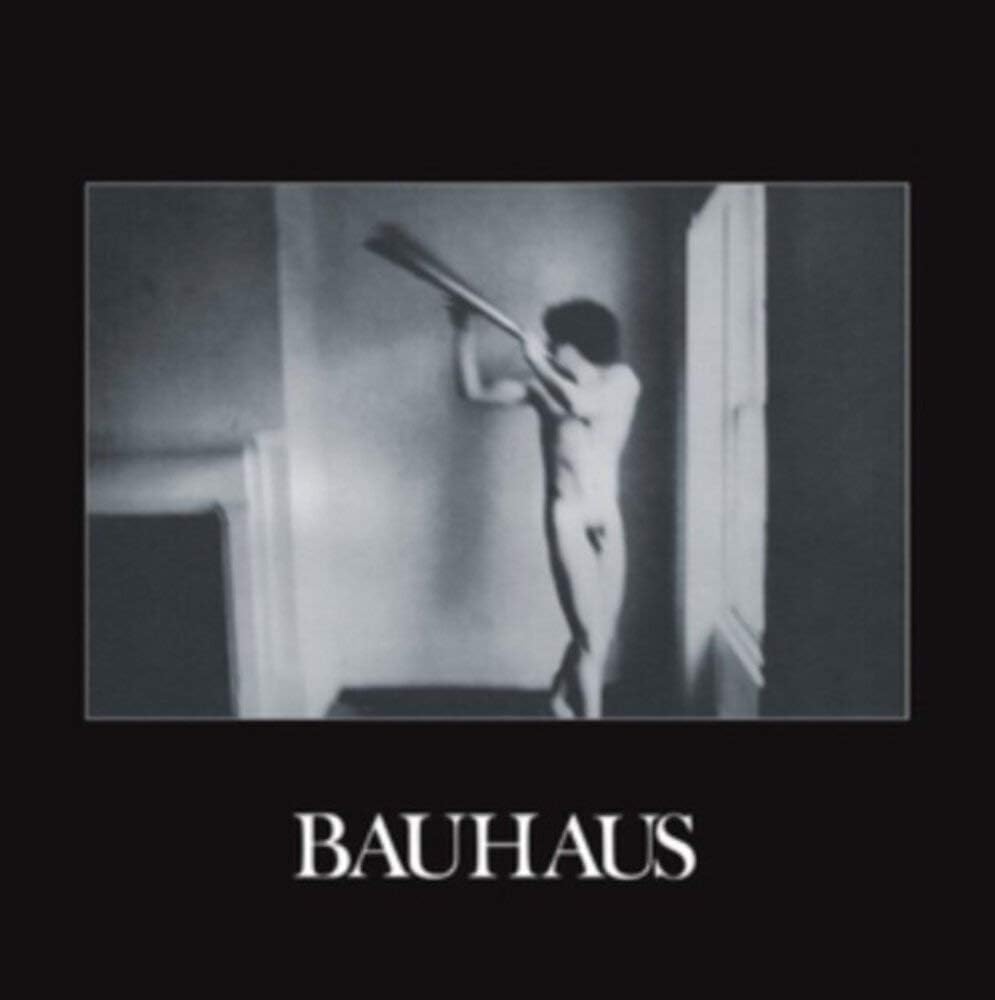
Bauhaus were among the first to be signed to 4AD in its early days, and are the only band to follow the intended programme of moving on to Beggars Banquet (who had ironically rejected them based on their uncommercial, nine-and-a-half-minute debut single, Bela Lugosi’s Dead). But before their shift to the parent label, Bauhaus were making waves on 4AD with their debut album In The Flat Field, the first full-length album to be released on the label in October 1980. Picking up on the darker edges of punk icons like Siouxsie and the Banshees and Joy Division, In The Flat Field is a key record in the history of post-punk and gothic rock.
Although the music press generally wasn’t impressed by In The Flat Field, the band amassed a loyal following of fans, and future writers would recognise it as much more meaningful and innovative than critics in 1980. Today, it is considered one of the first gothic rock records. In putting out Bauhaus’ cult debut, 4AD not only backed an alternative band that would go on to be hugely successful, but created a home for their cold, dark soundscapes that would define the gothic rock genre for decades to come.
Pixies – Surfer Rosa (1988)
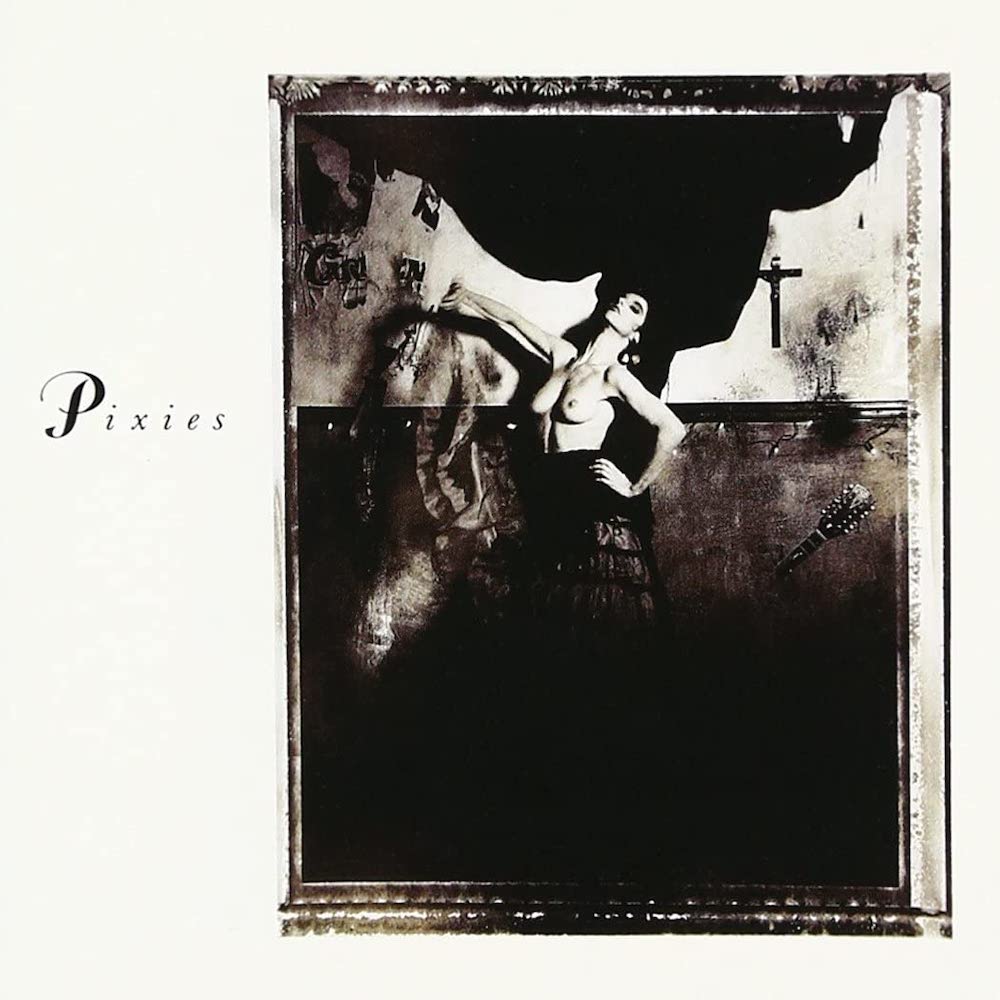
By 1988, 4AD was well established as a home for alternative artists, further leaning into the dark side of rock with The Birthday Party, Xmal Deutschland and Dead Can Dance on the roster to follow up on the successful gothic tendencies of Bauhaus’ debut. As the decade came to an end, the sound of post-punk and new wave bands was beginning to change, and once again 4AD found themselves with a fresh young band that would go on to redefine alternative rock in the next decade: Pixies.
Head of 4AD Ivo Watts-Russel had the band recording their full-length debut, Surfer Rosa, before their previously scheduled mini-album Come On Pilgrim had even been released. His confidence in the band was well-placed; Pixies were taking the label in a more pop-oriented direction without entirely leaving behind the eccentric darkness that had made other bands on the roster shine. Their sound inspired Nirvana's Kurt Cobain and even had David Bowie nominate their music among the “most compelling” of the 1980s. And with Pixies in the mix, 4AD could switch its focus to the American underground scene.
Cocteau Twins – Heaven or Las Vegas (1990)
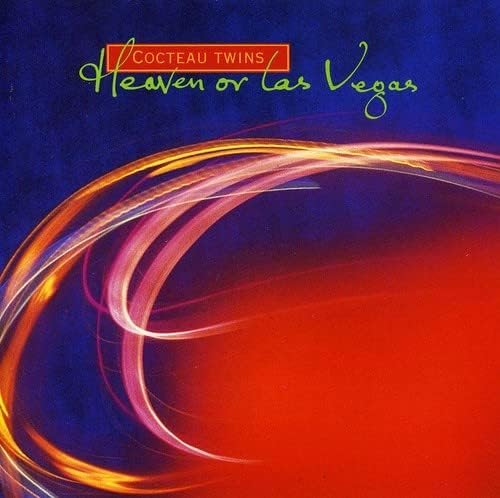
Cocteau Twins had been a part of the 4AD team since their debut in 1982, but it was 1990’s Heaven Or Las Vegas that brought them commercial success and established them as pioneers of dream pop. Watts-Russell declared Heaven Or Las Vegas one of the best albums that 4AD had ever put out, but like many great albums, it was fraught with discord within the group and with the label. In fact, it would be the last album the band released with 4AD.
Many of 4AD’s key albums have been debuts, but with Cocteau Twins, it wasn’t about where they started, but where they ended up. 1982’s Garlands was more closely associated with the gothic rock sound that defined the label’s early releases, with the band later embracing an ethereal fusion between alternative rock and pop sensibilities that would soon evolve into shoegaze. Between disintegrating relationships and substance abuse, Heaven Or Las Vegas may have marked the end of their time with 4AD and indeed the beginning of the end for Cocteau Twins, but their magnum opus was a game-changer for label and band alike.
Bon Iver – For Emma, Forever Ago (2007)
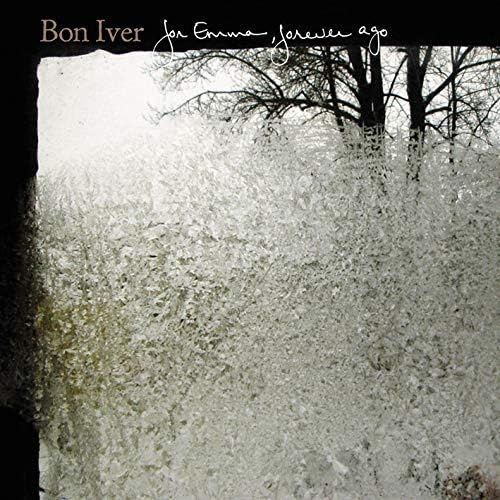
The 2000s saw some big changes for 4AD, with Simon Halliday taking over as head of the label in 2007. Beggars Group were moving artists around their associated labels, which saw 4AD taking on acts like future superstars The National and putting out music from Iron & Wine, Deerhunter and Blonde Redhead. But their greatest success of this era was without a doubt Bon Iver’s For Emma, Forever Ago.
A debut album steeped in musical mythology, For Emma, Forever Ago was written in total isolation in frontman and songwriter Justin Vernon’s remote hunting cabin in Wisconsin. Vernon initially released the album himself before being signed to Jagjaguwar, with 4AD bringing the album to Europe and the UK, where the album was certified Platinum (300,000 sales). In the years since its release, For Emma, Forever Ago has steadily grown in popularity and influence, inspiring artists far and wide across the musical spectrum. Most notably, Vernon appeared on Taylor Swift’s Folklore and Evermore, her two-album foray into the kind of indie-folk that Bon Iver redefined in 2007.
Grimes – Visions (2012)
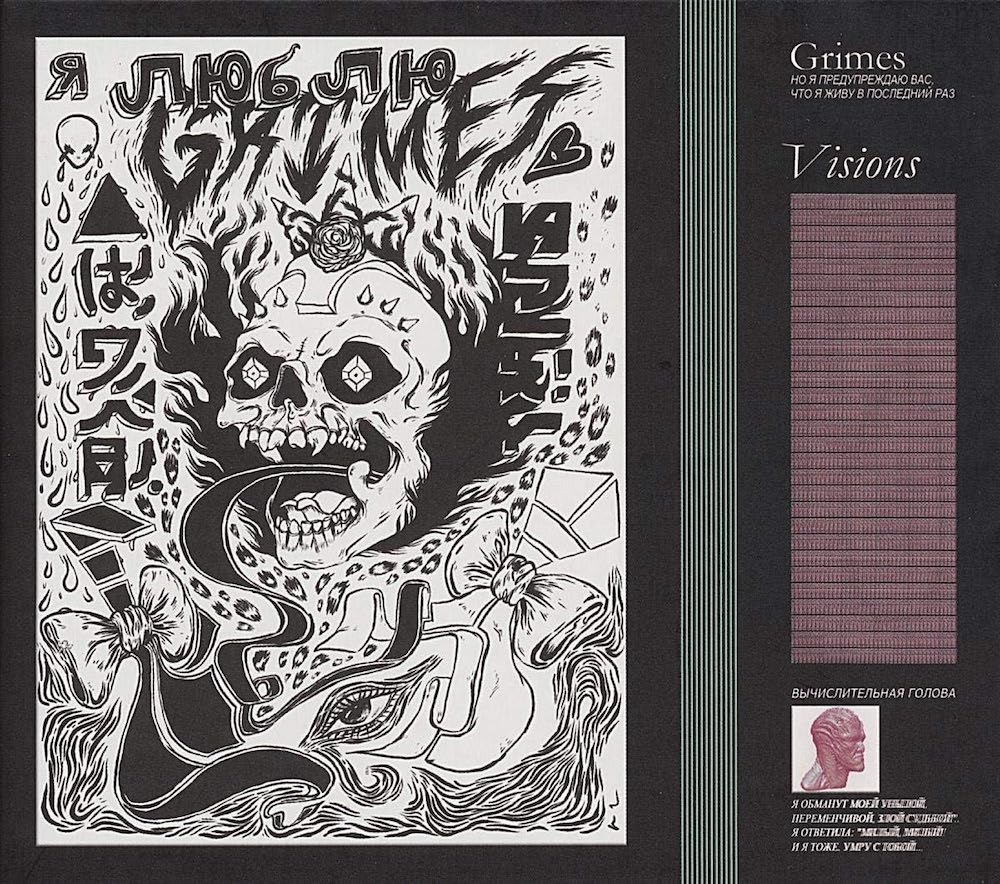
When 4AD signed Grimes ahead of her third album Visions in 2012, they clearly saw star potential in her innovative brand of electropop, even if they didn’t predict just how famous she would become. Before the very public ups and downs of her relationship with Elon Musk and the controversial baby names that took the internet by storm, there was Visions, her mainstream breakthrough that opened up a whole new world for 4AD.
Visions leans much further into synth-pop and electronic than early releases from the label. Yet, Grimes was a natural successor in their list of eccentric visionaries who could go on to pioneer musical trends. For Grimes, it was her fluid fusion of seemingly endless genres that resonated so strongly with this album, taking electronic and dream pop and injecting it with R&B and hip-hop. Made entirely on GarageBand, it was also a precursor to the explosion of lo-fi and bedroom pop we’ve seen in the last decade. Grimes stayed with the label until 2021 when she moved to Columbia Records.
The latest news, features and interviews direct to your inbox, from the global home of alternative music.

Vicky started writing for Louder while studying French and Spanish at university, a degree that has rarely been used since. She has written for publications such as Gigwise, Clash, and The Line of Best Fit. Over the years, she has interviewed heavyweight artists including Taylor Momsen, Bob Vylan, St Vincent, and Creeper. Bookseller by day, writer by night, she is constantly raving about Irish musicians.
